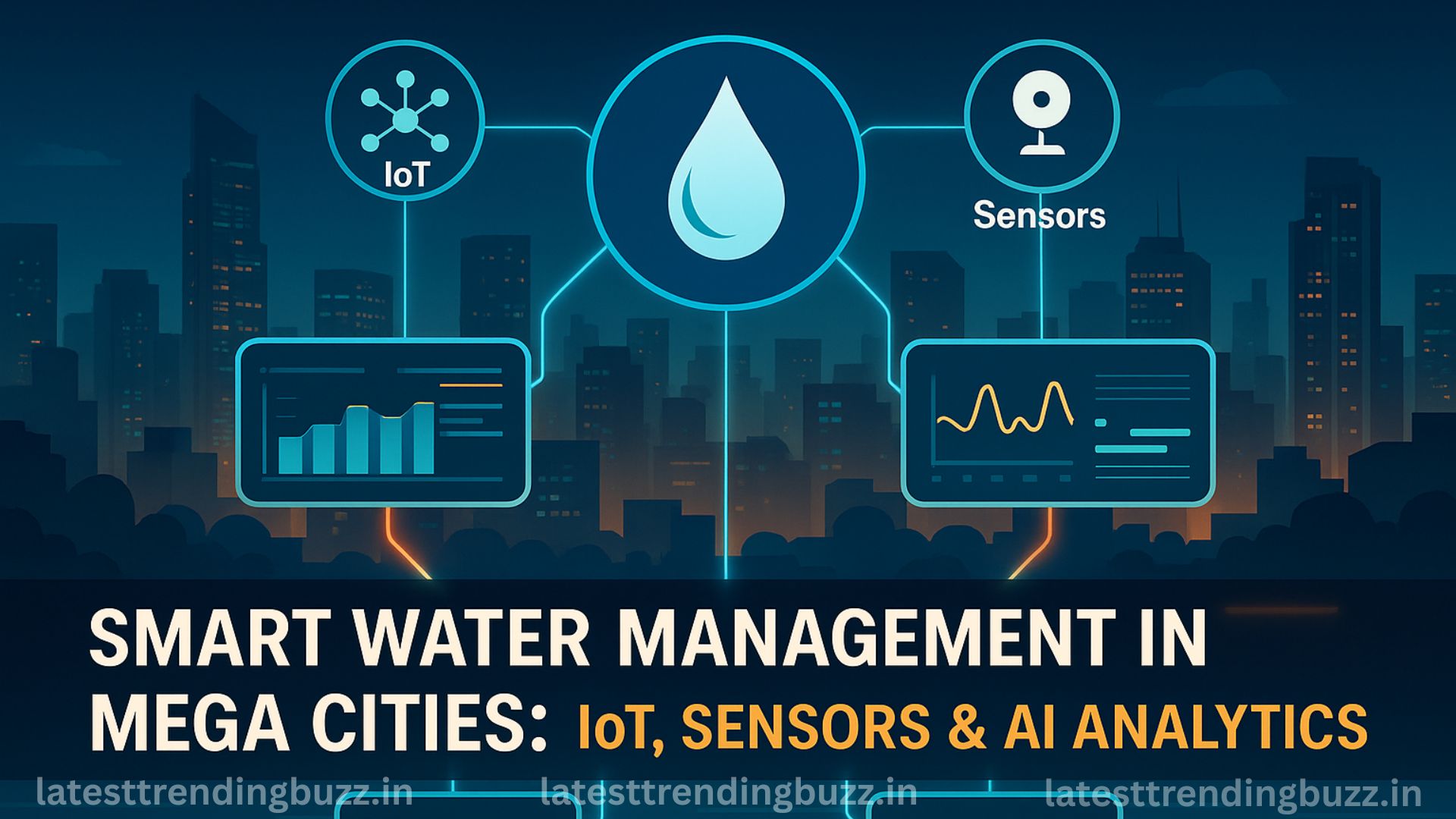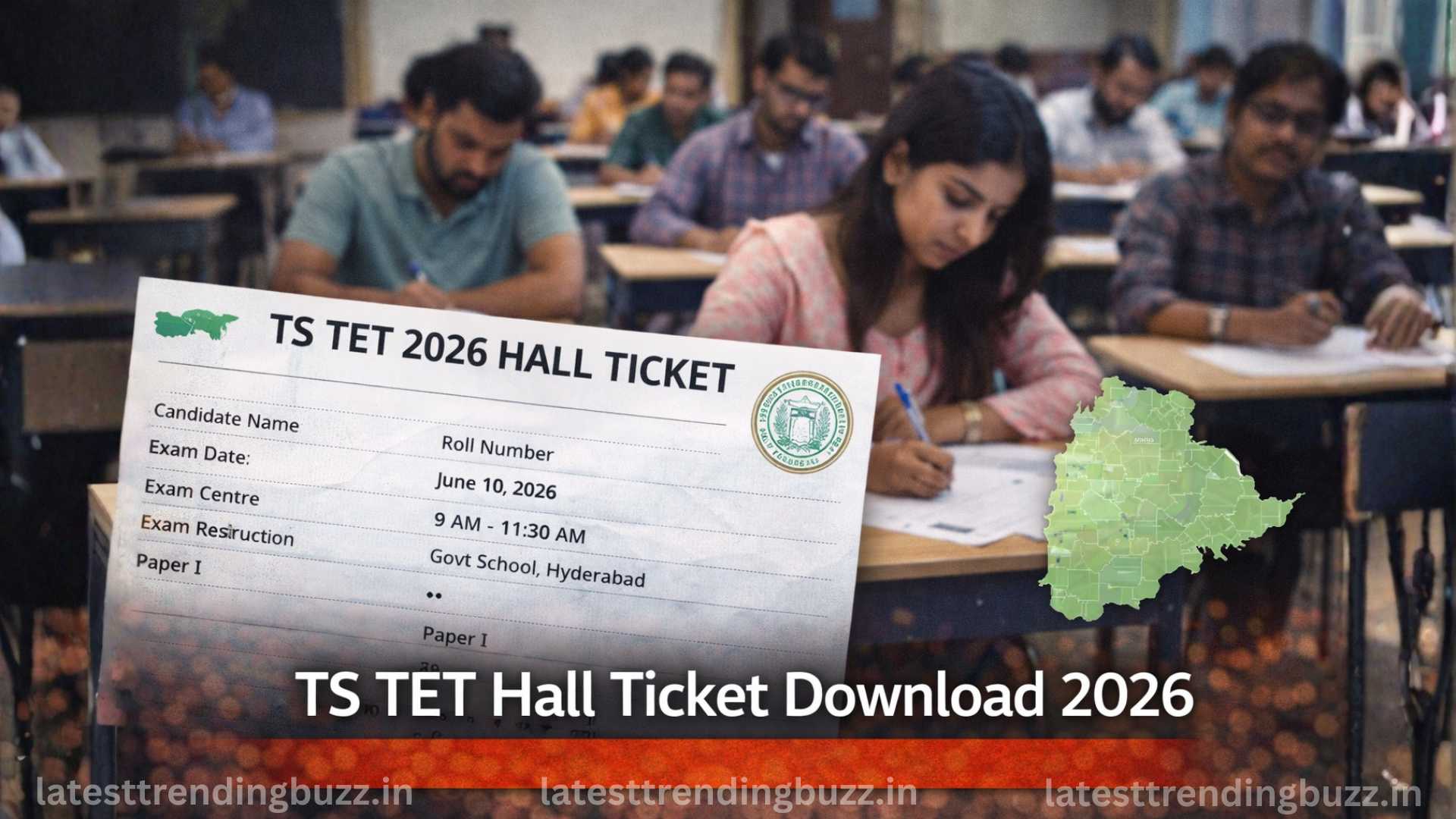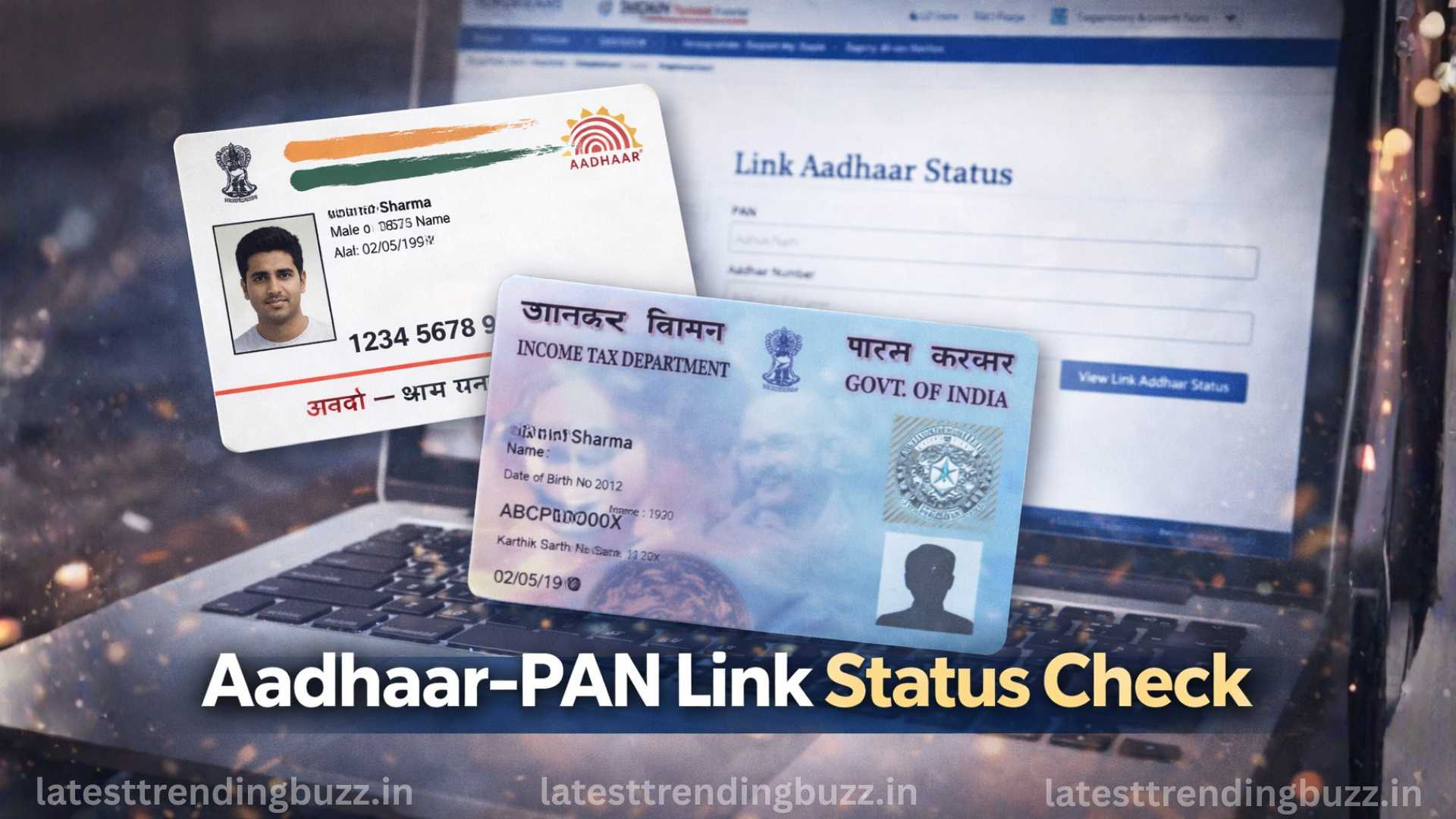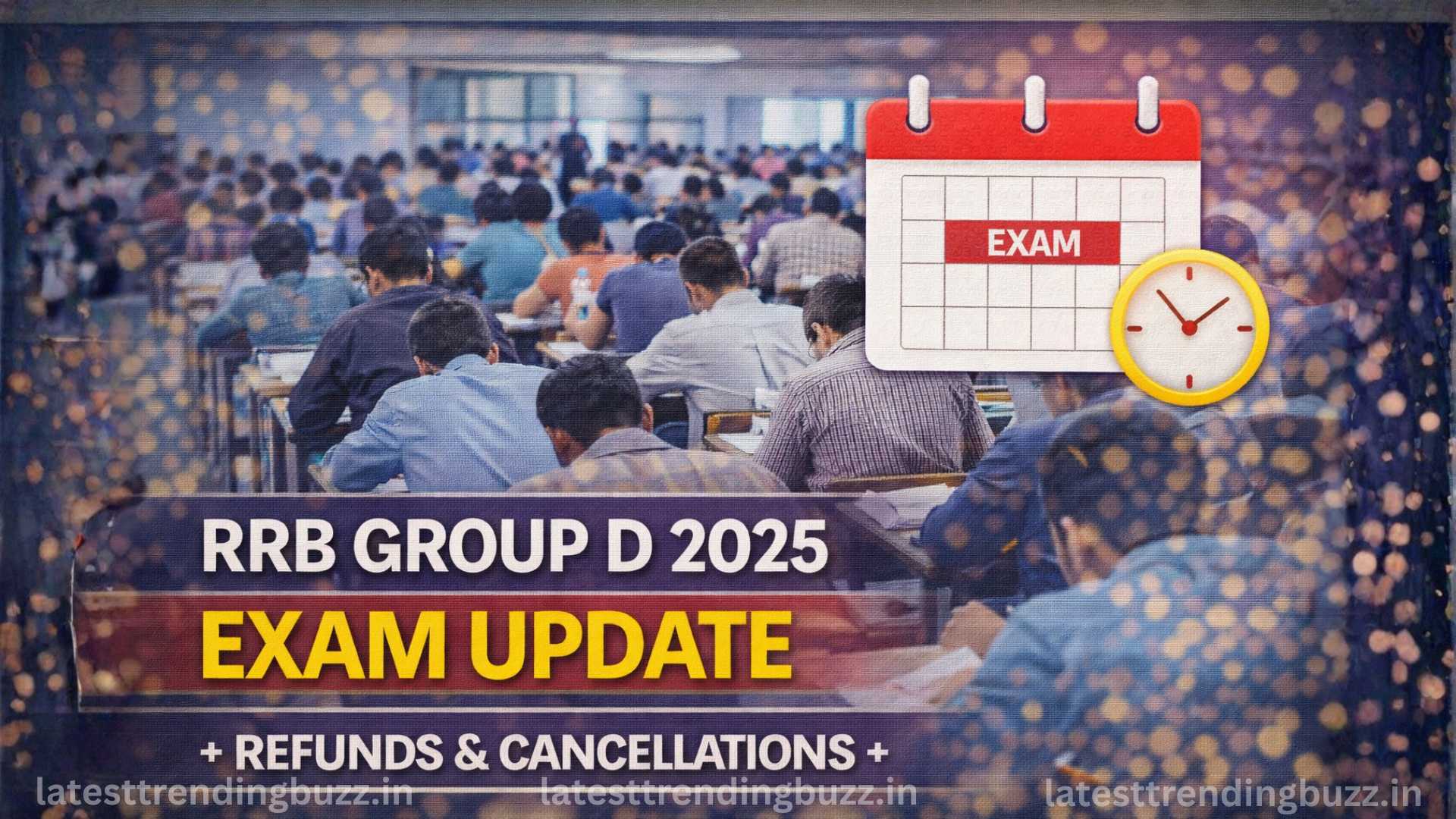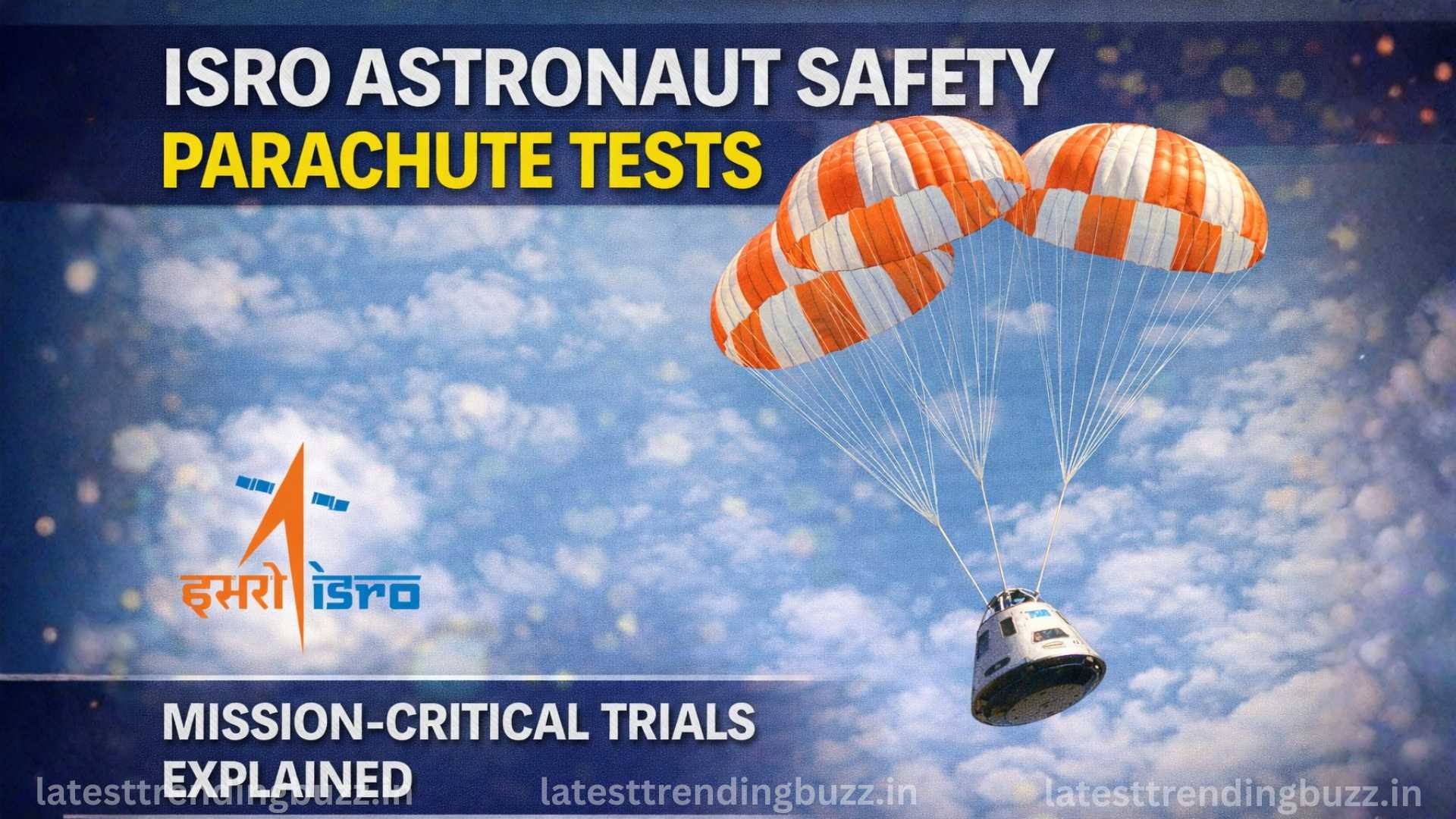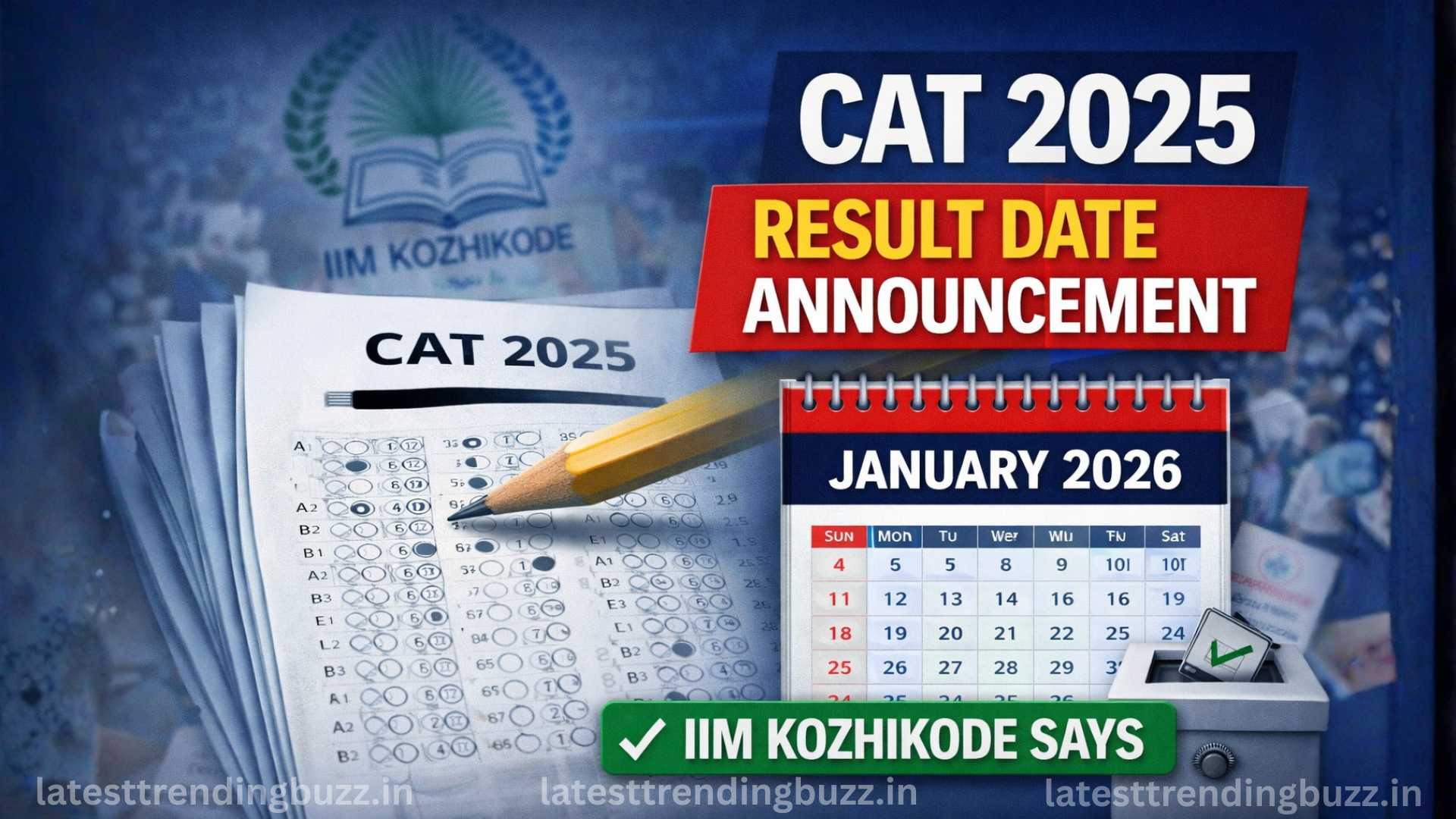The Water Crisis of the Modern Megacity
In the 21st century, the rapid urbanization of mega cities has brought with it one of the most pressing challenges of our time — water scarcity. From Mumbai to Delhi, from Bengaluru to Hyderabad, the struggle for sustainable water supply has become central to city planning. This is where smart water management in mega cities steps in — a fusion of IoT sensors, AI analytics, and real-time data monitoring that promises a new era of efficiency and sustainability.
India’s cities are growing at an unprecedented pace. With over 600 million people projected to live in urban centers by 2030, managing water efficiently isn’t just an option — it’s a necessity. Traditional systems simply cannot keep up with unpredictable consumption, leaks, and wastage. The solution lies in smart water management in mega cities, where technology meets necessity.
The Role of IoT in Smart Water Networks
IoT (Internet of Things) has transformed how cities understand and control water flow. Through a vast network of smart meters, leak detectors, and flow sensors, city planners can now gain real-time insights into every drop that flows through urban infrastructure.
A modern IoT-enabled water system can detect leaks the moment they occur, automatically shut off valves, and alert maintenance teams before massive losses occur. For instance, if a pipe bursts in South Mumbai or Chennai, the connected sensors detect abnormal flow patterns within seconds — saving thousands of liters of water.
By leveraging IoT-driven smart water management in mega cities, municipal corporations can reduce water losses by up to 30%. That’s not just efficiency — it’s sustainability in action.
How AI Analytics Revolutionizes Urban Water Systems
While IoT devices collect data, AI analytics makes sense of it. Artificial intelligence uses machine learning algorithms to analyze historical consumption, predict demand surges, and even forecast maintenance needs.
Imagine AI predicting when a particular pipeline is likely to fail based on vibration, temperature, and pressure readings. That’s predictive maintenance — and it’s becoming the backbone of smart water management in mega cities.
In India, where non-revenue water loss (leakage and theft) reaches up to 40% in some states, AI-powered systems can identify patterns invisible to humans. These insights help city administrators plan resource allocation, manage droughts, and ensure equitable distribution.
AI analytics also helps citizens. Through mobile apps and dashboards, people can now track their water consumption, receive alerts for unusual usage, and even participate in conservation efforts — all powered by smart data.
Also Read: Gen-Z Financial Wellness Apps: Financial Habits Changing with a Generation
Case Studies: Smart Water Management in Action
1. Singapore – The Global Model
Singapore is a leader in smart water management in mega cities, with a fully integrated water system connecting treatment plants, distribution networks, and user data. Using AI and IoT, the city-state achieves near-zero water loss and recycles 40% of its wastewater.
2. Hyderabad – India’s Smart City Vision
Hyderabad has begun implementing IoT-based smart meters to monitor household and commercial water use. The city aims to reduce water wastage by 25% within five years — a significant milestone for India’s sustainability goals.
3. Los Angeles – Fighting Drought with Data
LA’s Department of Water and Power uses AI-driven analytics to forecast drought impacts, monitor groundwater, and plan recycling strategies. This data-driven approach has saved millions of gallons each year.
These examples showcase that smart water management in mega cities is not science fiction — it’s the future unfolding now.
Urban Infrastructure Meets Digital Transformation
Cities are becoming “digital organisms.” Pipes, pumps, treatment plants, and reservoirs are no longer isolated units — they’re interconnected through smart grids that communicate via cloud platforms.
Here’s how the system works:
- Sensors & IoT Devices collect real-time data (flow, temperature, pH, pressure).
- AI Analytics Platforms process and visualize the data for actionable insights.
- Automated Decision Systems adjust operations dynamically — controlling valves, pumps, or filtration systems.
- Citizen Interfaces like apps and dashboards promote public awareness and participation.
This end-to-end system is redefining smart water management in mega cities, making them resilient, responsive, and resource-efficient.
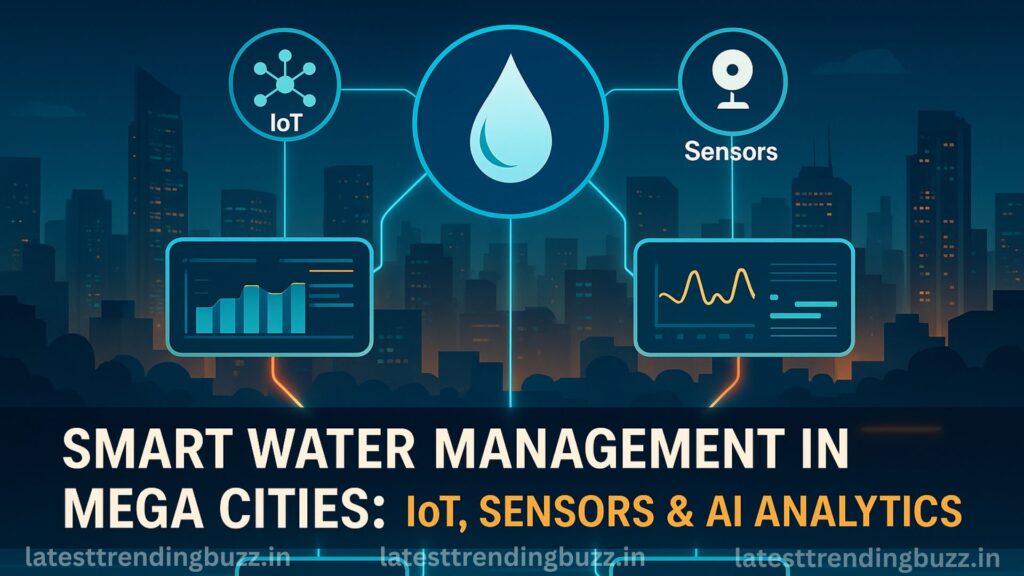
Benefits of Smart Water Systems
1. Water Loss Reduction
IoT sensors can detect even micro-leaks, helping utilities prevent major water losses.
2. Real-Time Monitoring
Authorities can view water levels, quality, and flow patterns across the city at any time.
3. Energy Efficiency
Smart pumps and AI algorithms optimize pressure and energy consumption.
4. Predictive Maintenance
AI predicts failures before they happen, saving time and reducing downtime.
5. Citizen Empowerment
People become participants — not just consumers — in the city’s water sustainability.
When all these components align, smart water management in mega cities becomes not just a technological upgrade, but a civic revolution.
Also Read: AI-Driven Personalized Wellness Protocols in Everyday Life
Challenges & the Road Ahead
Of course, challenges remain. High setup costs, data privacy concerns, and a lack of technical expertise slow adoption in developing nations. Many water utilities still operate with decades-old infrastructure that isn’t easily compatible with digital tools.
However, with government-backed Smart City Missions and public-private partnerships, the barriers are shrinking. The future belongs to cities that invest in smart water management in mega cities — not just to survive, but to thrive.
By 2030, experts predict that AI and IoT could help save nearly 20% of global urban water losses, translating into trillions of liters of clean water annually. For India, this is both an environmental and economic necessity.
The Sustainability Angle
Smart systems don’t just improve efficiency — they protect the planet. AI algorithms can balance water distribution, ensure fair access, and reduce over-extraction from natural sources.
When smart water management in mega cities is paired with renewable energy sources and green urban planning, the result is a truly sustainable city ecosystem — one that future generations can rely on.
Conclusion: The Future of Urban Water is Intelligent
The age of smart water management in mega cities is here. Through IoT, sensors, and AI analytics, cities are finally gaining control over one of humanity’s most vital resources. In a world where water defines survival, innovation defines progress.
As India’s mega cities continue to grow, their water strategies must evolve from reactive to proactive — and from wasteful to intelligent. With technology as the new infrastructure, every drop can be measured, managed, and maximized.
The cities that understand this truth will not just be smart — they’ll be sustainable, livable, and future-ready.
FAQs
1. What is smart water management in mega cities?
It’s the use of IoT, sensors, and AI to monitor, analyze, and optimize water systems for efficient distribution and sustainability.
2. How do IoT sensors help in water management?
They detect leaks, monitor flow, and send real-time data to help prevent wastage.
3. What role does AI play in smart water management in mega cities?
AI analyzes water data to predict maintenance needs, optimize supply, and forecast demand.
4. Which Indian cities are adopting smart water management?
Hyderabad, Pune, and Bengaluru are early adopters, with smart meters and data-driven systems being deployed.
5. How can citizens contribute?
By using water apps, reporting leaks, and following conservation guidelines enabled by smart systems.
Disclaimer
This article on smart water management in mega cities is for informational purposes only. Data and projections are based on current technological trends and research reports available as of 2025. Readers are advised to verify regional details with official sources before implementation or citation.

